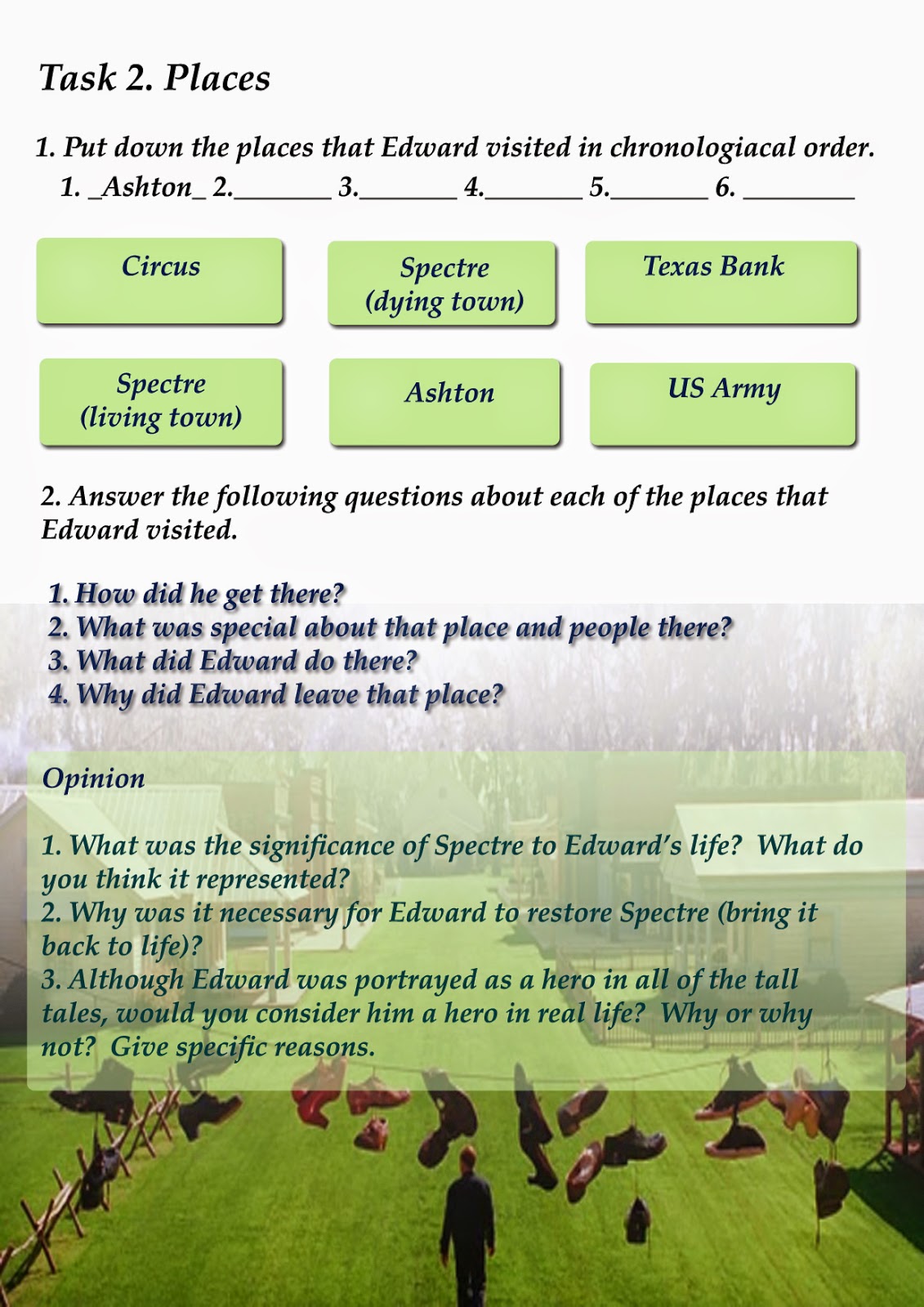This post is a follow-up on two previous ones about the vocabulary course. I'm convinced that having students create content that is interesting for them using active vocabulary helps boost their motivation and enhance vocabulary skills. Thus, in this post I'm going to make an overview of online tools that students can use to create content to further share it in their blogs or social networks. Student blogs have been part of this course for a couple of years now and proved to be an effective way of vocabulary practice. Naturally, the use of web tools doesn't diminish the role of lexical notebooks and other varified methods and approaches.
So, let's start creating.
Memes is a great and funny way to engage students in using new vocabulary. Here are some wonderful sites to generate memes:
For more ideas on how to use memes in the ESL classroom, check out this blogpost.
If memes do not look pretty enough to you, present your message on a more attractive background, a landscape or some abstract art. Yes, you're right, I'm talking about postcards (and much more) that you and your students can create using these tools:
- Speech bubbles: http://phrase.it/
- Postcards: http://www.pinwords.com/
- More postcards: http://www.piclits.com/compose_dragdrop.aspx
- Quote yourself: http://quozio.com/
Comics can be another superb way to make students practice new words creating any possible contexts and characters. Take a look at this list of sites where students as well as teachers can create comic strips:
- http://www.wittycomics.com/
- http://www.readwritethink.org/classroom-resources/student-interactives/comic-creator-30021.html
- http://www.makebeliefscomix.com/Comix/
- http://bitstrips.com/pageone/
- http://chogger.com/comics
For more tools, see this Larry Ferlazzo's blog post.
Inforgraphics can be used to develop a lot of useful skills together with vocabulary practice. I obviously recommend my favourite, Piktochart.
For better memorisation, further practice and regular revision of vocabulary, creating flashcards is a smart option. Check out this list of the best flashcard making tools.
Why not create a Facebook page for a Greek god or a chat between an alien and your favourite actor? That's absolutely possible with Fakebook and IFakeSiri.
Students usually have loads of fun creating subtitles for the movies. Larry Ferlazzo provides a comprehensive collection of tools for this activity.
Apparently, we're getting closer to idea of writing. Using some interesting ideas for creative writing you'll never have your students bored. Make sure you try these:
- Seven-word biographies: http://theteacherjames.com/2014/05/19/seven-word-biographies/
- My life in 20 lines: http://theteacherjames.com/2013/12/09/my-life-in-20-lines-a-simple-storytelling-activity/
- 5-card stories: http://5card.cogdogblog.com/index.php
You will find more ideas in this blogpost.
Fed up with writing? Get them to create videos. Check out these marvellous ideas on how students can create vocabulary videos:
- http://larryferlazzo.edublogs.org/2013/10/22/making-instagram-videos-with-english-language-learners/
- http://www.irvingisd.net/page/creativity.htm
More about this can be found here. Animation can be lots of fun too.
Talking about fun, don't miss a Baby Message tool.
Finally, in order to test students' vocabulary, go for Jeopardy!


.jpg)



.jpg)


















